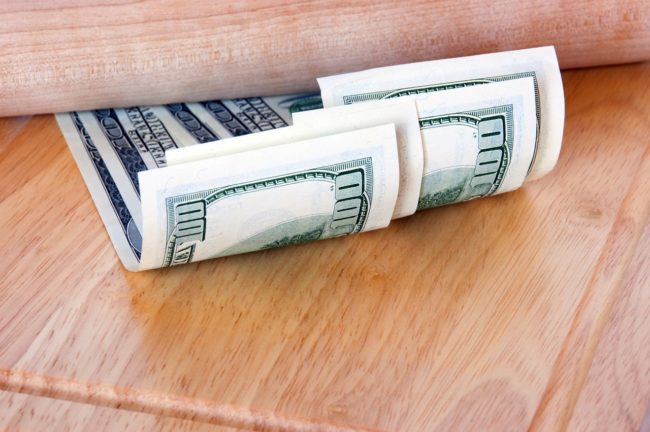You might have heard of the adage “work smart, not hard”. Smart work pays, and it pays you a lot if you know how to cleverly deal with the IRS (Internal Revenue Service). As a rental property owner in Burbank, your first priority is to make sure you comply with all the property laws and regulations set by the IRS; your second is to know how to bend them. Take rental property depreciation for instance. Did you know you can actually save thousands of dollars in taxes, if you know how to find the loopholes? Piqued your interest didn’t it? Read on.
Rental Property Depreciation 101
Simply put, depreciation refers to the deduction on the value of a property due to wear and tear over a period of time. For a rental property, depreciation is applied as a deduction on the purchase price and the cost of improving the property’s service life. Depreciation is spread out over the useful life of the property until it no longer “service” the property owner through rental income.
Now the IRS is very specific about what constitutes rental property depreciation, and knowing about these rules is half the battle. You can depreciate your rental property if:
- You have ownership of the rental property regardless of the fact whether you have gotten it through mortgage or cash.
- You use the property for generating income.
- Your property has a “determinable useful life” while generating income for you.
- Your property has an income life of more than one year.
- Your property is not disposed of within one year even if it generated some income.
- Your property has not stayed idle for specific length of time.
Source: Investopedia.com
Now that you know the rules, or thereabout, let’s learn how to bend them.
Tricks to Save Taxes from Rental Property Depreciation
Why depreciate you ask? Well, the lower the property income to show, the more you’ll save on taxes. It works like this:
If you have a property with a building/house value of $175000 (excluding land cost) and it has a useful life of 27 years then you can apply depreciation on the rental building/house for each year by deducting it from the rental income. As such you don’t have to pay depreciation expense but in the books you can show your rental income lower than what you actually receive from your tenant.
The problem with the IRS is that it catches you unaware in everything you do, everywhere you go and every single time. That is why you need tricks to play your cards right to win over Uncle Sam even if you know all the rules. Maybe that’s a little harsh; we’d like to call it smart thinking and being clever about your tax savings.
-
Save while you prepare
That’s right, the tax man either forgot about this loophole or has left some form of leniency for rental property owners. When you purchase a rental property, depreciation starts from the time you prepare and make it ready for tenancy. So even if you purchase your property in January and prepare it for rent in March, you can claim rental property depreciation from March even if your actual rent comes in April.
-
Save with idleness
Time is money, and it’s very true in the case of rental property depreciation. When an old tenant moves out, and you’re waiting for a new one to move in, your property is considered temporarily idle. While you worry about rental income, you can still claim depreciation on your property. This is also applicable for the time when you need to improve your property due to wear out, decay, or refurnishing etc.
- Save with depreciation recapture
Okay, this one is a bit tricky. When you sell a residential rental property, your gain through depreciation is considered taxable and it can be higher than the capital gain tax. It’s a bummer if you sell a property for $180,000 you not only pay tax on capital gain but also for the depreciated amount. This is called depreciation recapture. Didn’t we warn you about Uncle Sam and his tricks?
Now, the good news is you can adjust it when you purchase another property for rental purpose within a set period of time. So basically you’re replacing the old property with a new one, therefore the depreciation cost is carried forward to the new property. No money changed hands, no taxes, and you get to claim depreciation. Gotcha Uncle Sam!
All’s well that ends well
For rental property owners the best part about this tax claim is that you can continue to claim depreciation for as long as the property lives it useful or service life; that is, for as long as it generates income.
Your depreciation also ends when you “retire” the property from its service life – changing its status from rental to, say personal use or other purpose.
Final note, depreciation methods vary from place to place, therefore it is best if you consult a property management advisor to evaluate your rental property before you dive in to this.









